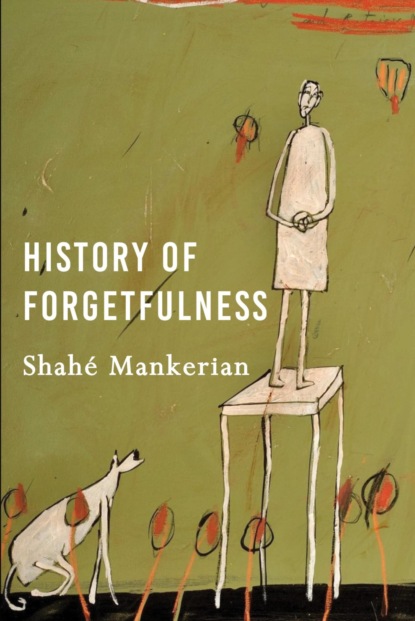Sayfa sayısı 35 sayfa
0+

Kitap hakkında
Shahé Mankerian releases his critically-acclaimed debut collection, taking readers back to 1975 Beirut, where an un-civil war is brewing. Mankerian asks, «Who said war didn't love / the children?» setting the tone for a darkly humorous collection in which memories of love, religion and childhood are entangled amongst street snipers and the confusion of misguided bombings.
"Distinguished California poet Shahé Mankerian reminds us in this powerful debut poetry collection that we forget painful memories deliberatively, yet his gut-punching poems relive for himself as well as for us the horrific shredding of humanity that war, especially civil war, inflicts. A survivor of the Lebanese civil war in the late 20th century, Mankerian unspools in devastating simplicity and directness, in seemingly inconsequential scenes, the horrors and suffering of children, parents, neighbors, schoolmates, friends, lovers navigating daily bombardments, scavenging for food, dodging snipers' bullets, and trying to find a modicum of normalcy among the ruins. Mankerian's clear-eyed, honest poetry paints unforgettable pictures of human beings we relate to, ordinary heroes and victims that uplift us with their resiliency and stoic determination to prevail."
–Thelma T. Reyna, Poet Laureate Emerita; Author of Dearest Papa: A Memoir in Poems
"In these accessible and irresistible poems, a character wonders if he should tell his mother the lentil soup needs salt, ponders the laws of war, and prescribes a generic brand Jesus. The great Russian poet Osip Mandelstam wanted poetry to achieve «a heightened perception of what already existed.» That is precisely what Mankerian does in this eminently readable and memorable collection. Buy three copies: read one, give one to a friend, keep the third so you'll have it handy when you wear the first one out."
–Ron Koertge, author of «Negative Space,» shortlisted for a 2018 Oscar in Animated Short Films.
"As we proceed through these sharply etched memories of a childhood in wartime Lebanon, it seems increasing remarkable that the poet emerged alive, and even more remarkable that he was able to convey the violence and mayhem-both in and outside the home-in such spare but vivid, harrowing poems. They are not marred by the dreaded bugaboos, sentimentality, melodrama, or self-pity. Few survivors emerge with the will, wherewithal, talent, and opportunity to tell their stories with such power."
–Suzanne Lummis, Author of Open 24 Hours – Winner of 2013 Blue Lynx Prize
Sample poem:
La Quarantaine
During the Karantina Massacre,
Father wired the stereo directly
to the generator in the basement
so that he could block the bloodshed
with the Requiem. From our bedroom
window, the rise of the satanic smoke
swallowed the Palestinian shanty town.
Amadeus seemed demure next to
the screaming children. Father
pulled the abat-jours and demanded
we give Mozart our attention.
The timpani competed with the rat-
a-tat-tat of Kalashnikovs.
I felt lightheaded from the mazout
fumes of the generator. «Son, listen!»
Kyrie, eleison. Christe, eleison.
I preferred the sirens over the harrowing
howl of the angels concocted by Wolfgang.
